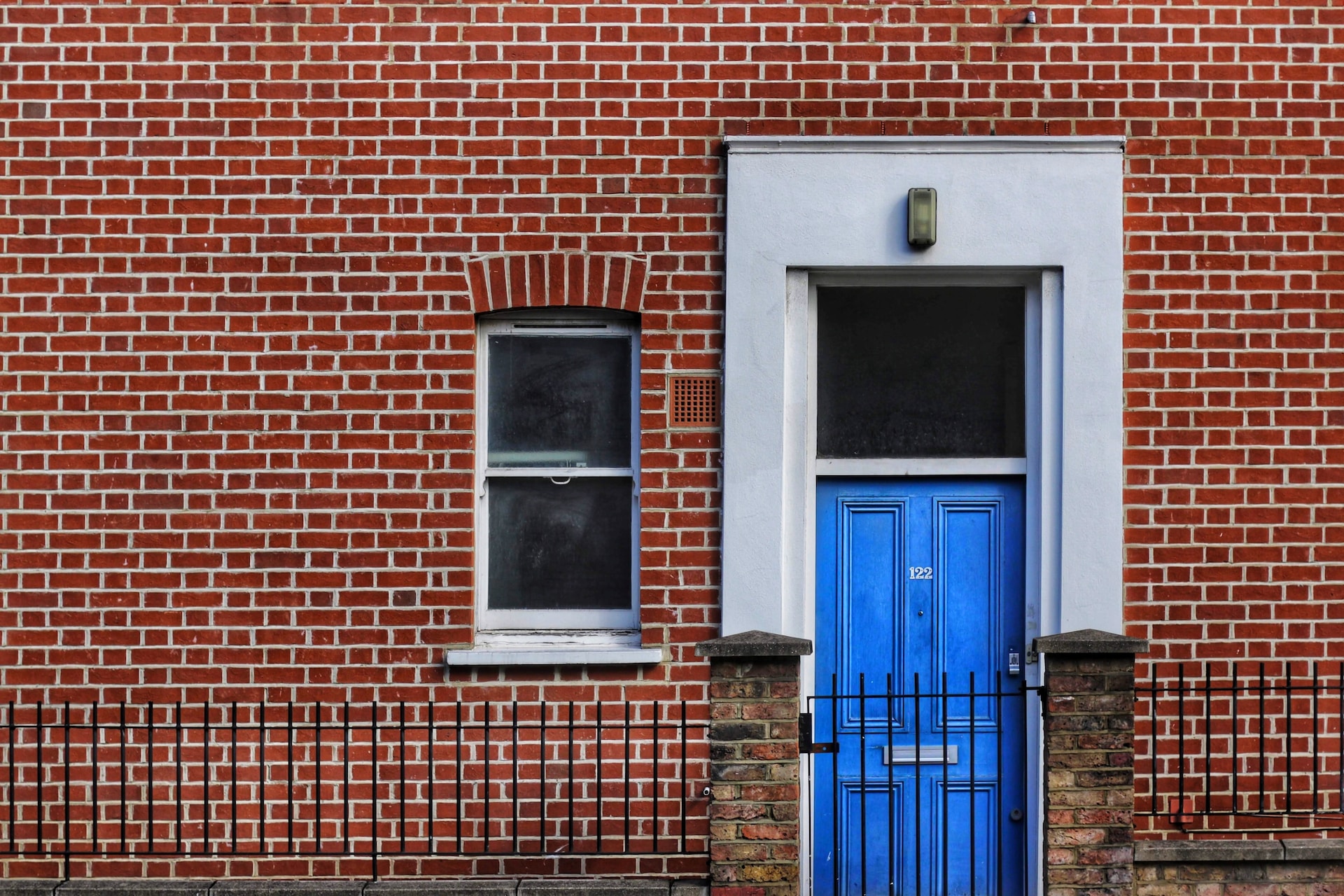If you live in a semi-detached or terraced house, you may have already heard some complicated stories about the Party Wall Act and, as a result, decided that you will never do any major home improvement work on your house.
But it isn’t all doom and gloom. It can even be a relatively painless process that makes improving your home far easier than it was previously. However, it can become challenging if your party wall notice gets ignored. But before getting to the consequences of ignoring the Party Wall Act, here’s pretty much everything you need to know:
Why does the Party Wall Act even exist?
Many homeowners believe that obtaining a Party Wall Agreement is complicated, time-consuming, and costly, but this is not the case. The Party Wall Act was enacted to simplify carrying out work on or near a structure that you share ownership with to maintain good relations with the other owners. It essentially guarantees your right to do whatever you want with a shared wall.
How do you know if you need one?
When you want to do substantial work on or near a wall or structure that you share ownership of with a neighbour, the legislation comes into play. This could be the wall of a terraced house, a floor in a block of flats, or even the fence that separates your garden from your neighbour’s garden.
It’s only a significant change that you need to be concerned about. Drilling a couple of holes in the wall or putting up a shelf isn’t enough to require you to notify your neighbour. When you start cutting into the wall or installing steel beams for something like an attic conversion or extension, you’ll need to get permission.
How does it work?
If you know that your proposed home improvement will require notice, you must notify all joint owners of the wall or structure at least two months before you begin work or instruct your surveyor to do so.
Hopefully, your neighbour will give you their written consent, in which case you won’t even need a Party Wall Award! You can then start working on the project right away and get back to living your life.
What if the Party Wall Notice is ignored?
This is where things become more challenging. If your neighbour does not respond, they are presumed to have objected to your notice. Before proceeding with the dissent process, you must first serve them with another notice giving your neighbour ten days to find a surveyor. If they do not respond, you can appoint someone on their behalf.
There is no penalty or fine for failing to serve a Party Wall Notice; however, it should be noted that failure to do so may result in delays and significant costs being borne by the building owner.
Court Injunctions
If the building owner begins work without first serving a notice, the adjoining owner may seek an injunction from the court.
Injunctions are simple to obtain and have the potential to halt construction immediately until the Party Wall etc. Act 1996 is followed. Ignoring this injunction could result in a criminal charge, so it should not be overlooked.
The building owner could be held liable for the costs of obtaining the injunction. These costs would typically include the solicitor’s fees, court fees, and surveyor’s fees. The building owner may also be ordered by the court to demolish what has been constructed.
Property Damage
If the adjoining owner has suffered damage due to the works, they must provide proof of this damage. It would be difficult to determine what damage has been caused by the notifiable works if a Schedule of Condition Report was not completed before the works.
As a result, the ultimate responsibility would be on the building owner to demonstrate that the alleged damage was not caused by their work, which will be extremely difficult to do. In most cases, the building owner will have to pay for the repairs to the adjoining owner’s property.
How a Building Owner should deal with Party Wall Matters
We recommend that building owners who are proposing work make sure they understand how far they fall under the purview of the Party Wall Act.
If the Party Wall Act applies, make sure that any affected adjoining owners receive written notice. Even if relations are cordial and a neighbour is likely to agree to the works, this should be done.
Ignoring the Party Wall Act exposes any future dispute to costly legal action, whereas simply serving a notice and obtaining consent allows surveyors to be engaged if a dispute arises later. That disagreement can be resolved much more quickly and cheaply than through legal action.
Final Word
The Party Wall Act is there to help you as well. While it may appear complicated, don’t let that stop you from making your house into the home of your dreams.
Contact us today to see how party wall surveyors can help you with your party wall Act requirements with initial FREE advice organised for you.



